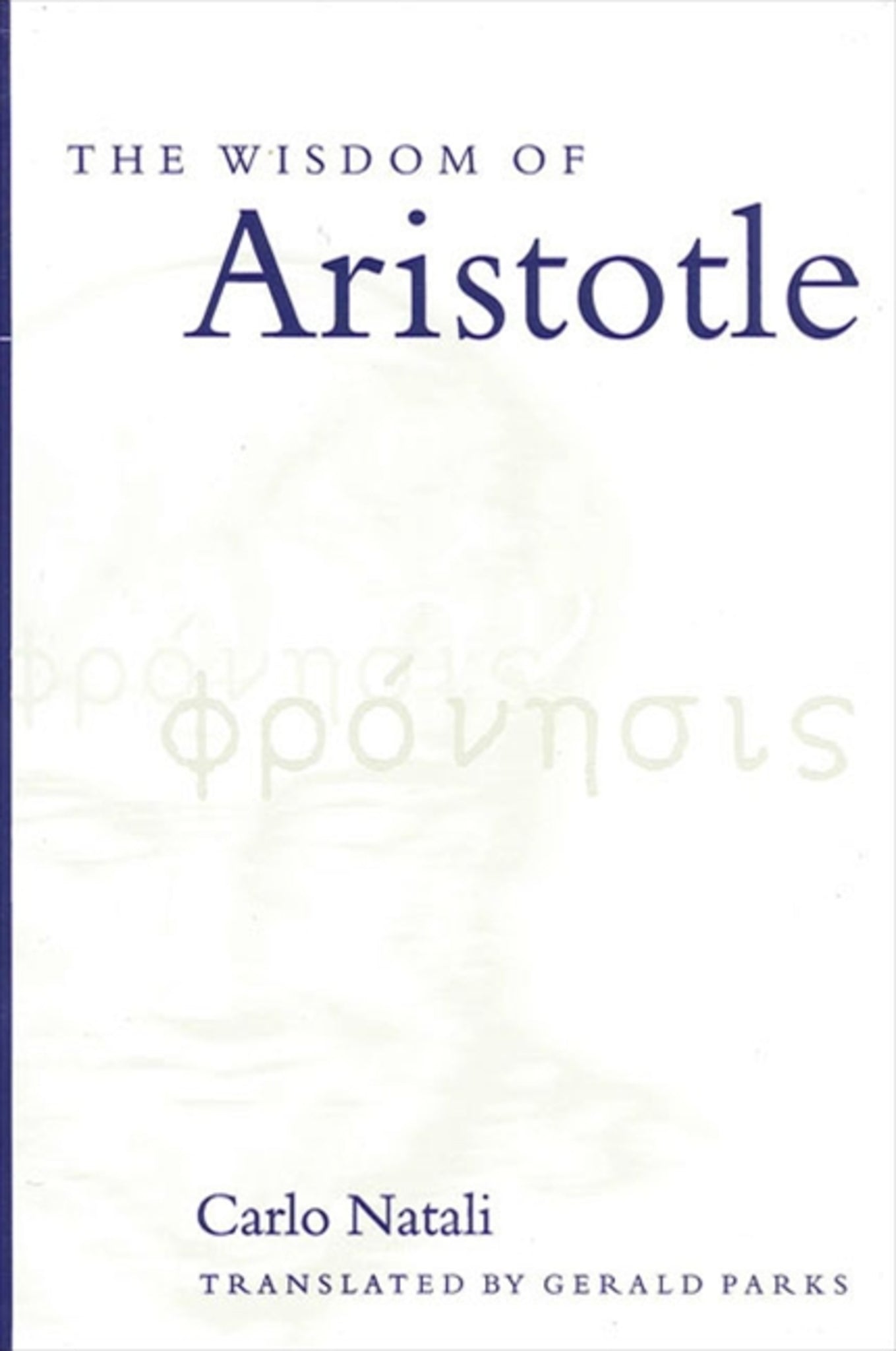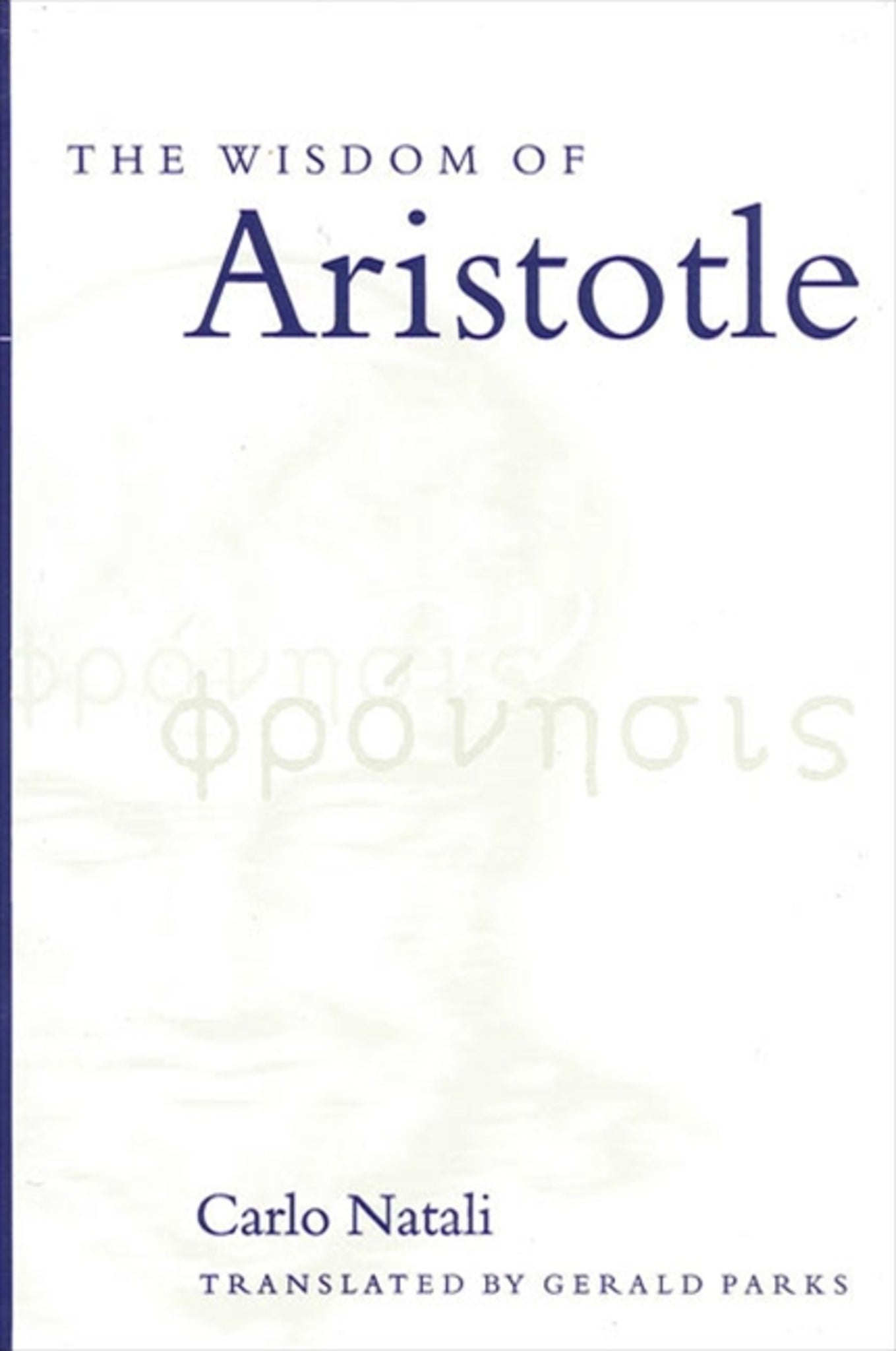We're sorry. An error has occurred
Please cancel or retry.
The Wisdom of Aristotle

Some error occured while loading the Quick View. Please close the Quick View and try reloading the page.
Couldn't load pickup availability
- Format:
-
19 April 2001

Appearing in English for the first time, this is the definitive scholarly treatment on the role of practical reasoning in ethics.
This is a profound study of Aristotle's concept of phronesis, or practical wisdom. Carlo Natali critically reconsiders Aristotle's famous doctrine of contemplation, relating it to contemporary theories of the good life. In Book X of the Nicomachean Ethics, Aristotle appears to claim that the best possible life is that which is engaged in theoria, usually translated "contemplation." Quite a few commentators have criticized what they call Aristotle's "intellectualism," suggesting that when he makes the intellectual life superior to all other human goods he opens the door to a Raskolnikov-like immoralism. Natali threads his way very carefully through the tangle of recent arguments on the topic, and presents a persuasive resolution that preserves the primacy of the life of the mind without giving any room for justifications of amorality. In Natali's discussion, Aristotle's analysis of wisdom comes into focus for us today as an attractive and well-argued ideal, to be kept in mind when we are deciding how to live.
Natali has a keen understanding of both the continental and the analytic tendencies in interpreting Aristotle, and is able to show the positive and negative contributions of both styles of philosophy to this task. Appearing in English for the first time, this is the definitive scholarly treatment on the role of practical reasoning in ethics.


"The value of this work is not so much its novelty as that it reclaims in Aristotle's thought active consideration of important human questions and does not reduce it to a set of rigid positions." — Ancient Philosophy
(Abridged)
Abbreviations
1. Virtue or Science?
2. Ends and Means
3. The Practical Syllogism
4. Aristotle's Conception of Happiness
Conclusion
Afterword
Notes
Texts Cited
Index of Greek Terms
Index of Names
Index of Passages Cited
Subject Index



